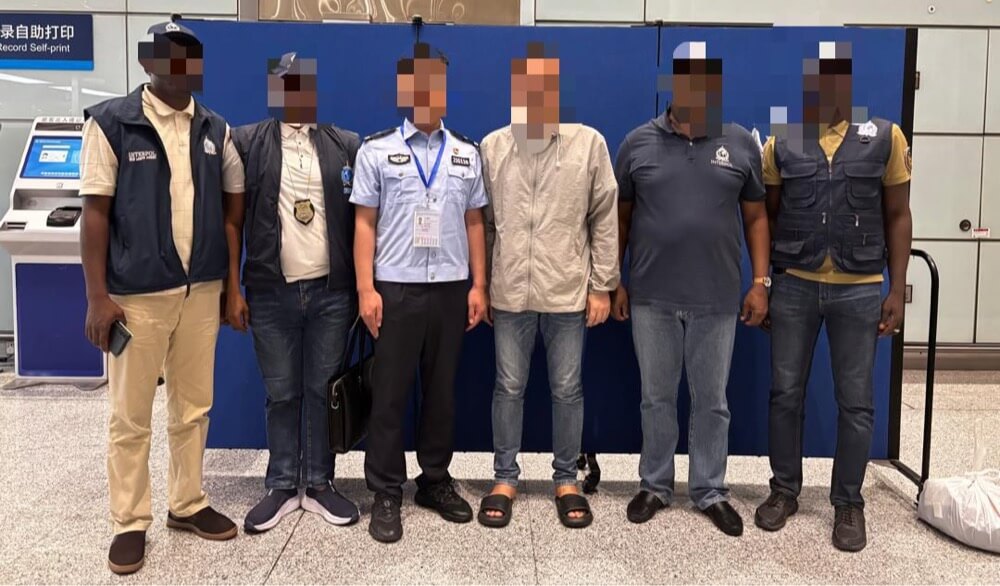Abuja, Nigeria – More than 600 Nigerien nationals have been forcibly deported from Libya in a large-scale operation, sparking concerns over human rights violations.
According to the International Organisation for Migration (IOM), a convoy of trucks transported 613 individuals to Dirkou, a desert town in Niger, last weekend.
The deportees were among numerous migrant workers rounded up in Libya over the past month, in what Azizou Chehou of Alarm Phone Sahara described as the largest expulsion from Libya to date. “There was one expulsion of 400 people last July, but this convoy is unprecedented,” he said.
The journey across the Sahara is described as “dangerous and traumatising,” with harsh winter conditions and overcrowding in trucks leading to injuries. Many of the deportees are expected to arrive in Agadez, Niger, in poor physical condition.
These expulsions come amid increasing scrutiny of European Union policies that critics say encourage migrant abuse in Libya. Italy, for instance, has signed agreements with Libya and Tunisia aimed at curbing Mediterranean crossings.
While such measures reduced arrivals in Italy to 66,317 in 2024—less than half of 2023 figures—human rights groups argue that they exacerbate the suffering of migrants.
David Yambio, spokesperson for Refugees in Libya, condemned the EU’s role, stating, “This is Europe’s border policy laid bare, outsourcing mass expulsion and death to Libya. The EU pays to erase migrants, making suffering invisible.”
Libya has long served as a destination for migrant workers from Niger, Mali, and Chad, many of whom are employed in agriculture, construction, and retail.
However, the latest expulsions appear to be a result of local authorities in southern Libya rounding up foreigners, often demonised in political rhetoric.
Jalel Harchaoui, a Libya expert at the Royal United Services Institute, noted that such roundups have occurred since the Gaddafi era but said the scale of this expulsion was notable.
“This is not a coordinated national policy but rather the actions of local authorities under the control of the Haftar coalition,” he explained.
The UN Refugee Agency (UNHCR) expressed readiness to support IOM in assisting deportees, particularly those in need of international protection.
Meanwhile, human rights advocates continue to call for accountability and an end to the systematic abuse of migrants in Libya.






